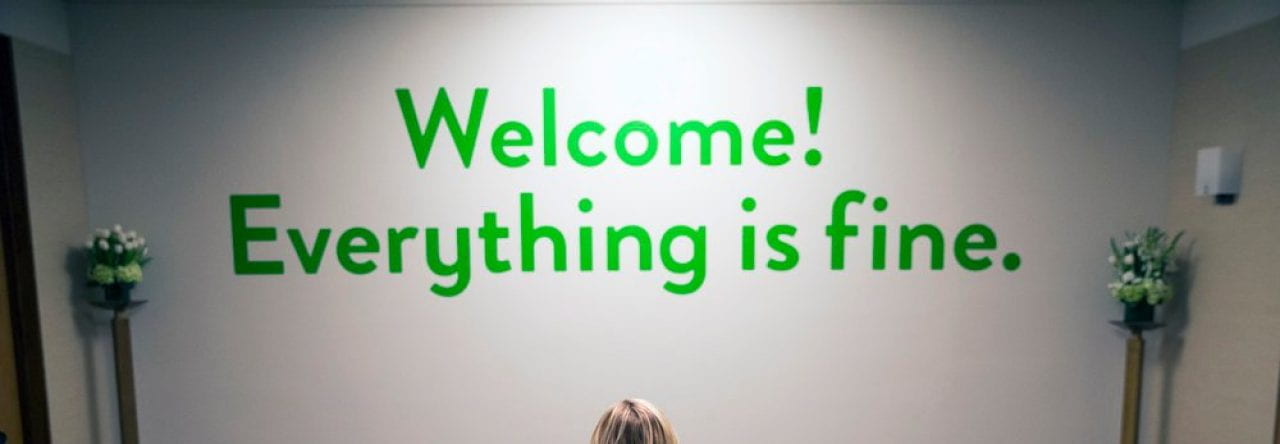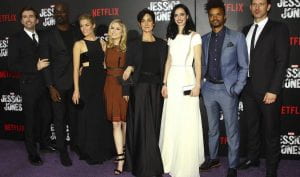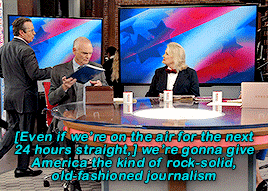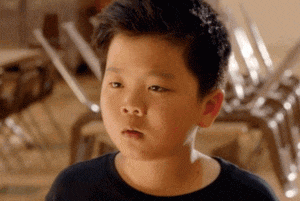Kimmy Schmidt is a fictional plot about one girl who was kidnapped by a reverend when she was only 13 years of age, kept in a underground bunker for 15 years convinced that there was no life above her and that everything she previously knew and loved had perished in an apocalypse. She then is found and rescued by the U.S. government at the age of 28 and must live without any source of viable income in the cutthroat city of New York, where she is constantly deceived by others who try to con her money or make her do sexual favors. All the while she must remain a strong witness and figure in convicting her cynical kidnapper. This is a very dark plot that could be the plot to a high intensity, multi season drama series, but this is the polar opposite of dark and dramatic.. I may not even be too bold to claim that Kimmy Schmidt: Unbreakable may be the funniest thing I have ever watched. But how does a show with such a dark premise create such a comedic tone… well I’ll tell you.
The most prominent aspect of the comedy within the show is the delivery of lines. This show has many different comedic aspects within it but the one portion that really makes the audience hurl over from laughter is the deadpan delivery of nonsensical dialogue. For those unaware, deadpan is a mechanism of comedy in which one person says or does something funny during a scene and no character on screen laughs or reacts at all to the action, acting like it is completely normal. This contributes because this series thrives off of nonsense even in the most intense moments of the show, and when witty, nonsense is spewed back and forth between characters of the show in very intense moments, you just can’t help but laugh as an audience member.

Quote from Kimmy Schmidt
Another aspect that contributes to the comedic tone of the show is the pop culture references and the very modern material that is portrayed. Kimmy was born in the mid 1980s as previously stated, so naturally there are many 90s pop culture references as well as the current day references that often times are completely nonsensical because Kimmy was only a child during the 90s and still technically has the cultural awareness of a child as she has just been released from a barren bunker separated from the outside world. This allows for Kimmy (and less often her supporting characters) to make inappropriate, and often nonsensical but comical, comments that are also hilariously delivered through deadpan dialogue about pop culture.
Though there are many factors that contribute to the comedy within the very intense plot line of the series meshing well, I firmly believe that the deadpan delivery of dialogue and the frequent culture references are key to the comedy that has allowed Kimmy Schmidt.
Peace out Blog Posts.













 Dr. Ford’s final salute, as if wishing the humans good luck in the new world he has created.
Dr. Ford’s final salute, as if wishing the humans good luck in the new world he has created.

